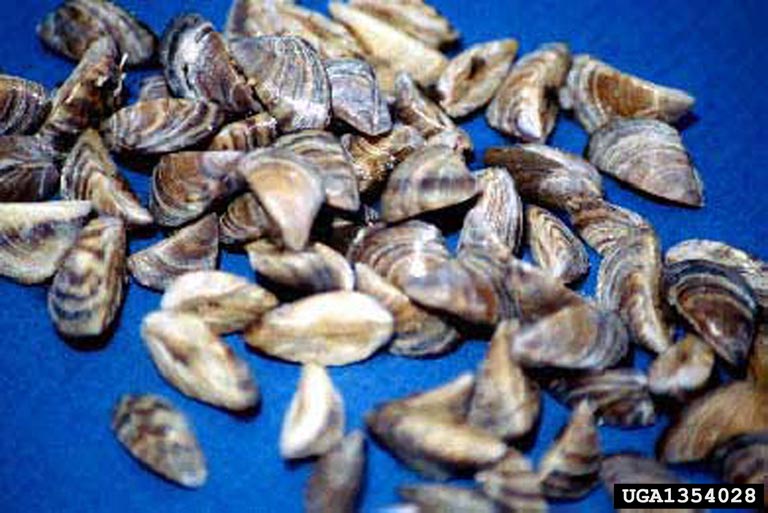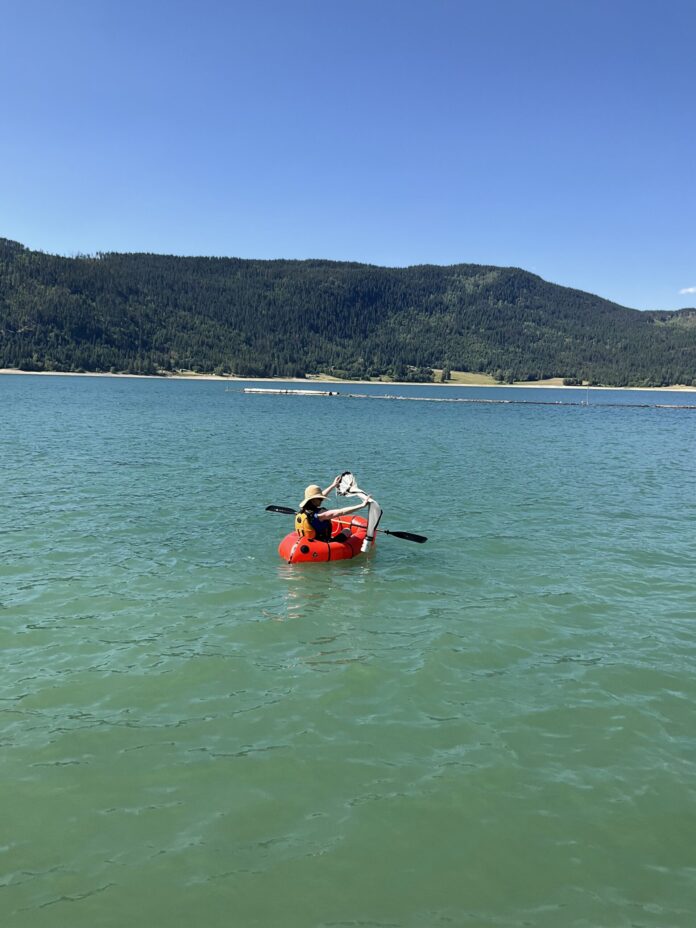For the 11th year in a row, waterbodies in the West Kootenay remain free of invasive zebra and quagga mussels.
The Central Kootenay Invasive Species Society made the announcement today, crediting the ongoing efforts of the B.C. Invasive Mussel Defence Program. They said the latest sampling results, conducted between June and the end of October, revealed a clean bill of health for all 10 waterbodies tested.

Staff and contractors collected 267 samples from local lakes and rivers, including Upper and Lower Arrow, Kootenay, Duncan, Slocan, Summit, and Whatshan Lakes, as well as the Columbia, Kootenay, and Slocan Rivers. These samples were analyzed at a B.C. government-designated lab and all results tested negative.
“The significance of this result cannot be overstated, as invasive mussels, once established in a waterbody, become virtually impossible to eradicate,” CKISS said in the release.
“CKISS remains steadfast in its commitment to preserving the ecological balance and natural beauty of the region through continuous lake monitoring and outreach activities.”
The organization said the threat of invasive mussels “looms large,” with potential “devastating impacts” on the environment and economy of the region.
Invasive mussels have the ability to displace native aquatic plants and wildlife, leading to a reduction in biodiversity and ecosystem health, CKISS said. They can transform pristine beaches into unsightly landscapes, covered in foul-smelling, razor-sharp shells, disrupting summer activities, the group added.
Zebra and quagga mussels possess unique characteristics that make them particularly challenging to control. Their ability to attach to hard surfaces and survive for extended periods out of the water increases the risk of spreading between waterbodies. CKISS emphasizes preventive measures, urging watercraft users to clean, drain, and dry boats and equipment when moving between waterbodies.
They are also calling on anyone bringing motorized or non-motorized watercraft into the province to contact the B.C. Invasive Mussel Defence Program. This step will help determine if a boat is high-risk and should undergo inspection and potential decontamination before accessing B.C.’s lakes and rivers.


